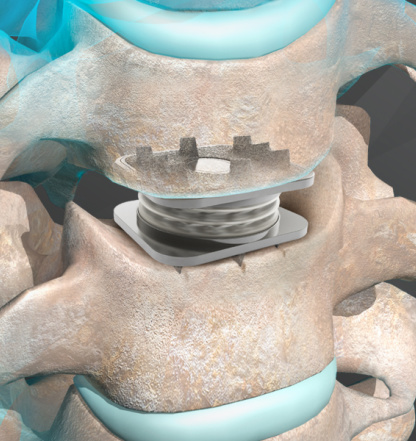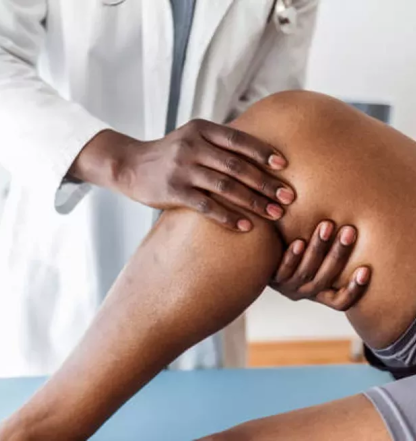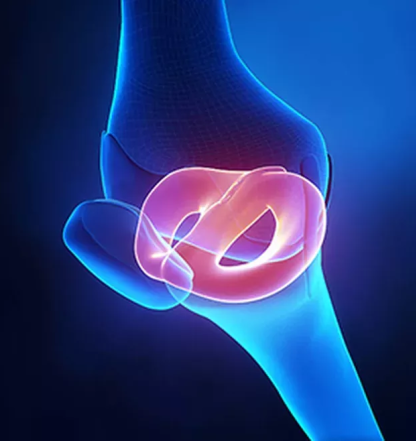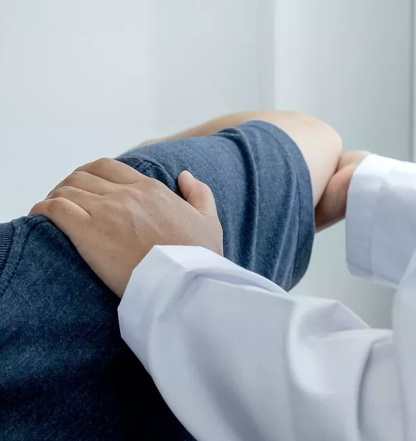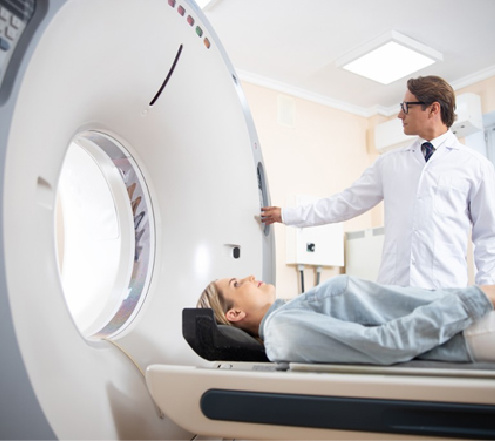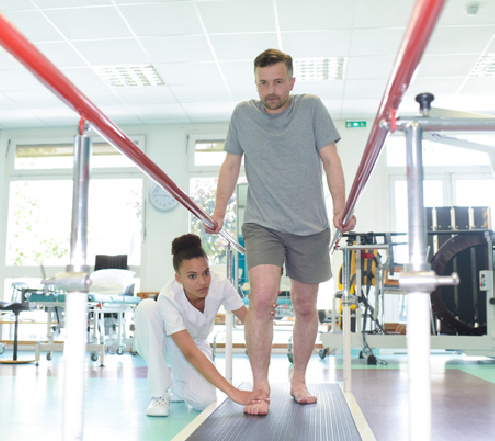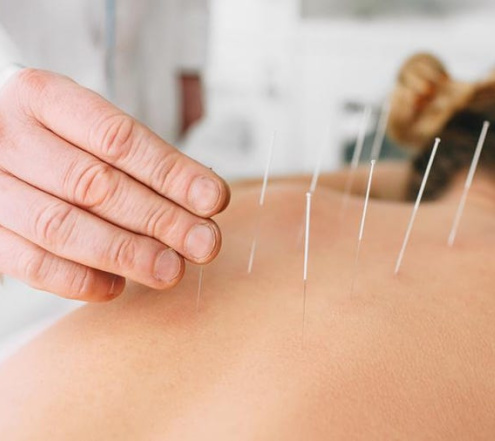Although some amount of pain and discomfort is normal after any type of spine surgery, you should take any pain after surgery that is beyond a normal threshold. This is particularly true after undergoing a fusion procedure, as it could be a sign…
Although some amount of pain and discomfort is normal after any type of spine surgery, you should take any pain after surgery that is beyond a normal threshold. This is particularly true after undergoing a fusion procedure, as it could be a sign of a failed spinal fusion. Although relatively rare, complications resulting from spinal fusion, including abnormal pain after surgery can be serious and require a proactive approach to treatment.
The goal of any spinal fusion procedure is to address spinal instability by joining together two segments of the spine with a bone graft and surgical hardware. A failed spinal fusion is usually defined as a procedure where the two segments do not properly fuse together. This can result in the return of previous symptoms, the development of new symptoms and ongoing spinal instability.
If you believe you may be dealing with a failed spinal fusion, the caring team at Spine Center Atlanta can help. We’re sharing the following guide to help you better understand the steps to take. We encourage you to get in touch with one of our representatives to learn more about your treatment options, or if you have any questions.
Step One — Properly Identifying the Cause of Pain After Surgery
During the recovery phase of a spinal fusion, patients are given thorough instructions for managing any pain after surgery, as well as when to resume normal activities. The postsurgical team should give patients an overview of what normal pain levels should feel like after a fusion surgery and what warning signs to watch for.
It is also critical with a fusion to not engage in any activities that have not been cleared by your surgeon or care team. This is because strenuous activity can interfere with the vertebrae fusing together correctly. One of the leading causes of failed spinal fusion is patients who overexert themselves during recovery.
If you do experience abnormal pain and spinal instability after fusion you need to get it checked out as early as possible to ensure you can develop a timely care plan. Primary causes of failed spinal fusion or broader failed back surgery syndrome (FBSS) that can result in pain after surgery include:
- Failure to achieve full solid fusion, also known as pseudoarthrosis
- Failure of the hardware implant
- Infection at the fusion site or surgical site
- Transfer of spinal instability to another level
- Misdiagnosis
Properly identifying the source of failed spinal fusion or other sign of FBSS will typically involve a diagnostic evaluation consisting of physical examination, diagnostic imagery such as MRI and detailed discussion of your symptoms.
Patients should always seek out a second opinion if they believe that a provider is not giving them the answers they need to for relief. Whether you require additional surgery or conservative measures, an accurate diagnosis is the most essential step to your failed spinal fusion action plan.
Step Two — Pursue Conservative Treatments that May Help
Unless an immediate followup procedure is warranted, such as for a medical emergency, surgeons and doctors will very often recommend conservative treatments to try and relieve pain after surgery. Many patients dealing with a failed spinal fusion are able to develop an effective plan to manage symptoms and spinal instability. Commonly recommended therapies include:
- Physical therapy and rehabilitation, which helps to strengthen supporting muscles, mobilize soft tissue and improve mobility
- Pursuing pain management interventions, including medication and injections, to relieve pain and inflammation
- Using equipment, such as a back brace, to help address spinal instability
- Attempting treatments such as acupuncture, which can help stimulate circulation and release natural pain relieving hormones in the body
By recommitting to conservative therapies, many patients dealing with a failed spinal fusion are able to find significant relief and an improvement in quality of life.
Step Three — Explore Surgical Options
There are some causes that can require immediate followup or revision surgery. This includes infection due to the body rejecting the implant or hardware as well as failure of the hardware that is resulting in severe spinal instability.
In other cases, surgeons may want to wait until conservative options have been fully exhausted before considering another procedure. For example, even in some cases where the vertebrae do not fully fuse, there still may be sufficient stability.
However, if conservative therapy has been attempted for weeks and months and there still continues to be pain after surgery, it may be time to discuss another procedure. Correct diagnosis and recommendation for a specific surgical procedure are extremely important for follow-up surgery to ensure that symptoms and spinal instability are truly resolved.
Reach Out to the Experienced Experts at Spine Center Atlanta
Anyone who encounters pain after surgery due to failed spinal fusion is often understandably hesitant about seeking treatment, particularly additional spine surgery. This is why experience and compassion are so important for this condition.
At Spine Center Atlanta, our highly experienced surgeons and treatment professionals know how to identify and create individualized action plans for failed spinal fusion. Whether you need conservative care or surgery, we have the expertise and experience you can trust to identify the source of your pain and recommend effective therapy.
Contact us today to learn more and schedule your initial appointment.



